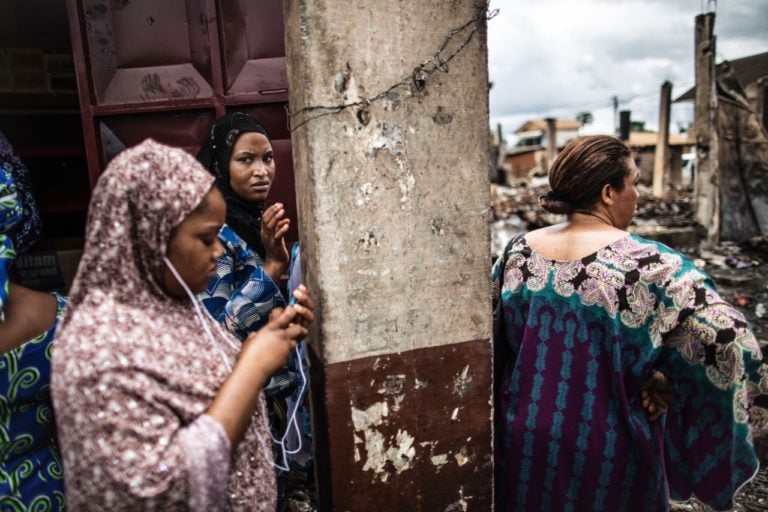RSF has written to communication minister Laure Olga Gondjout voicing concern about the suspension of two Gabonese newspapers and warnings issued to Radio France Internationale over its coverage of President Omar Bongo's health.
(RSF/IFEX) – On 26 May 2009, Reporters Without Borders wrote to communication minister Laure Olga Gondjout and National Communication Council chairman Emmanuel Ondo Methogo voicing concern about the suspension of two Gabonese newspapers, “Ezombolo” and “Le Nganga”, and the warnings issued to Radio France Internationale (RFI) and the Canal Overseas Africa satellite TV service over their coverage of President Omar Bongo’s health.
“These actions are incomprehensible and unjustified,” Reporters Without Borders secretary-general Jean-François Julliard said in his letter. “In our view, there are not sufficient grounds for a president’s health to be declared off-limits for the media. On the contrary, it is in the public’s interest to be informed about his health and the political consequences that would result from his post becoming vacant.”
The letter added: “We urge you to guarantee complete transparency in the coverage of current developments and to allow ‘Ezombolo’ and ‘Le Nganga’ to resume publishing.”
The decision to suspend “Ezombolo” (which appears irregularly) for six months and “Le Nganga”, a satirical weekly, for one month was taken at a specially-convened plenary session of the National Communication Council (CNC) on 23 May. The plenary session was prompted by the papers’ coverage of President Bongo’s hospitalisation in a private clinic near the Spanish city of Barcelona, and their articles speculating about his succession. The CNC is in charge of regulating the media.
Reporters Without Borders has obtained a copy of the CNC press release in which the regulatory body accuses the two newspapers of “trying to stir up public opinion” and “turning themselves into intermediaries for the foreign press, thereby becoming local vehicles of disinformation.” It also accuses international radio and television stations such as France 24, RFI, La Chaîne Info and I-Télé of “hounding the president and broadcasting non-official and alarmist reports.”
France 24 deputy news editor Albert Ripamonti told Agence France-Presse that the 24-hour news station had sought to “maintain a balance between the reports indicating that President Bongo was in a serious condition and the Gabonese government’s statements that he was just having a check up.”
Two France 24 journalists, Arnaud Zajtman and Marlène Rabaud, were deported from Gabon on the evening of 26 May after been forced to wait in Libreville airport for 24 hours. They had visas issued by the Gabonese embassy in Kinshasa, where they are based, but did not have the communication ministry’s press accreditation.
Zajtman told Reporters Without Borders that officials at the Gabonese embassy did not ask him if he had the ministry’s press accreditation when he told them he was a journalist.


